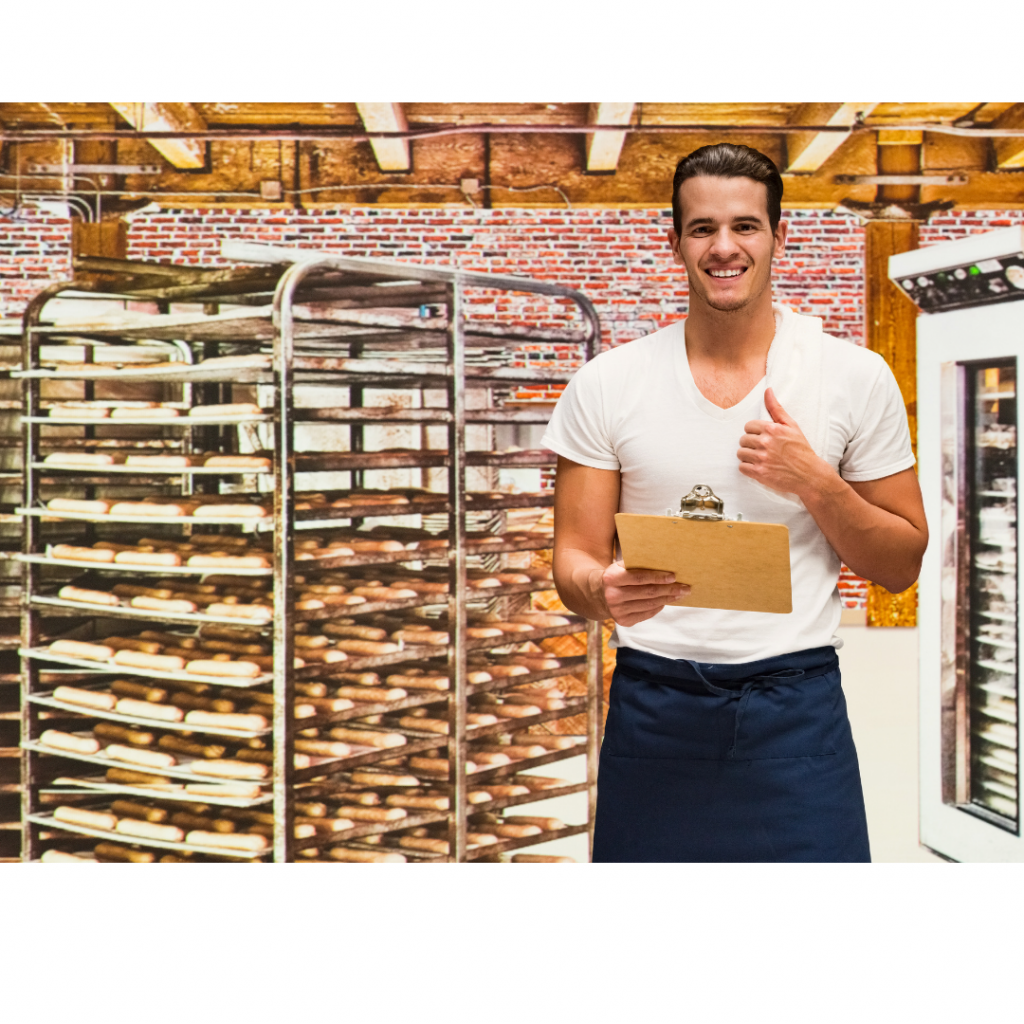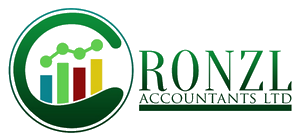Registering your business for Value added tax (VAT) is mandatory if you supply goods and services in the UK and go over a certain threshold.
Value Added Tax (VAT) in the UK is a tax that is paid by consumers as soon as they buy an item that is a taxable supply.
The purpose of the tax is to suffer by the final consumers of the product and services rather than the business owner.
Application of the VAT is almost like a triangle where the business owner would collect VAT on behalf of HMRC and then deduct the VAT they have paid on the product purchased within the business and pay HMRC the remaining VAT received.
When the money paid by the business on the VAT is more, They can reclaim VAT back from the revenue.

Do we pay Value added tax on all business transactions?
This is a very important question and the answer is NO.
Certain conditions have to be met for VAT to be charged on transactions.
The conditions are shown below:
- The supply must be a supply of goods and services.
- The supply must be made by a taxable person i.e. V.A.T only be charged by a person who is or should be registered for VAT.
- The supply must have been made in the United Kingdom. This refers to supplies that are made in England, Northern Ireland, Scotland, and Wales.
- This supply of goods and services must be made in the course or furtherance of business. This simply implies that whenever VAT is charged either or both of the parties involved must be involved in the business.
- Whenever VAT is charged it must be for a taxable supply. This simply implies that there are different types of supplies and it’s not all supplies that would be taxable or at the full rate.
What are the different types of Value added tax supplies?
The taxable goods are divided into three groups in the UK, They are shown below:
- Taxable supplies.
- Exempt supplies.
- Supplies that are outside the scope of Value added tax(VAT).
What are taxable supplies:
There are 3 types of taxable supplies and they all have different rates that are applied.
Standard rated which is charged at 20%: the supplies that fall into this group are items that are either zero-rated or taxable at a reduced rate.
Zero-rated: the suppliers of these goods would charge 0% however they can still reclaim the VAT they pay.
Examples of zero-rated supplies are grouped as follows:
“ Food, sewerage and water, books (including talking books for blind and handicapped), construction of a building, protected buildings, international services, transport, caravan and houseboat, gold, banknotes, drugs, medicines, and aids for disabled, import and exports, tax-free shops, charities, clothing, and footwear.”
It should, however, be noted that some of these groups have exceptions and conditions attached to them.
Reduced rated supply: the supply that falls on this group is charged at a rate lower than 20% and as defined by the legislation.
What is a Value-added tax-exempt supply?
These supplies of goods and services are exempted from VAT and they are also grouped in the legislation and conditions and exceptions should be considered before finally categorizing them as an exempt supply. They are as follows:
“Land, Insurance Postal services, Betting, Gaming and Lotteries, Finance, Education, health and welfare, Burial and Cremation, Trade Union and Professional bodies, Sports, Sport Completion and Physical Education, Work of art, Fundraising events or charity, Cultural service, Supplies of good where input tax cannot be deducted, Investment Gold, Supplies of services by a group involving cost-sharing.”
Illustration OF Value added tax
When Jack buys chocolate from Tesconi, a corner shop, the unit price for the chocolate is £1.00, however, the corner shop added an extra amount of 20p as VAT.
As Jack is the final consumer here he would be the one suffering the final burden for VAT.
Tesco will then have to give HMRC the 20p received from Jack. Tesco also would be able to claim back the Value added tax they suffered from their other expenses like Petrol, rent, etc.
Other Supplies Outside of the Scope of Value added tax.
There are certain supplies that a business can never charge Value added tax on because they are not within the scope of VAT:
- When business sell their business as a transfer of going concern
- When transactions are done within a group (intragroup transactions).
- Tips and gratuities.
- Salaries and wages paid to staff working in a business, this does not include the contractors.
- Supplies of goods and services that take place outside of the UK.
 When are you required to register for VAT in the UK?
When are you required to register for VAT in the UK?
In the tax year 2022/23, you are required by law if you supply taxable goods and services and the taxable turnover received is £85,000.
The business registered will have to submit a Vat report periodically to the revenue.
If you would like to register your business for VAT
If you require support with dealing with compliance issued with Value added tax(VAT)in the UK.
Kindly contact us


